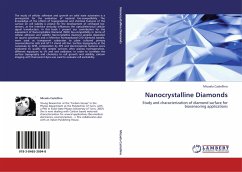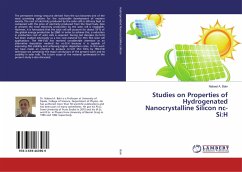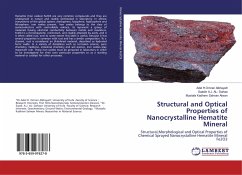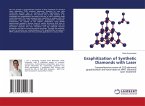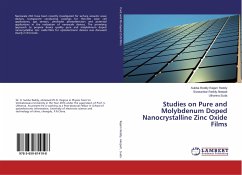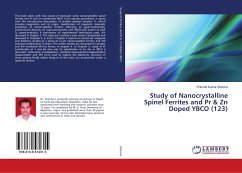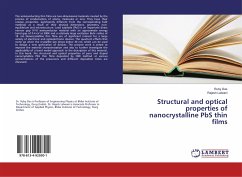The study of cellular adhesion and growth on solid state substrates is a prerequisite for the evaluation of material bio-compatibility. The knowledge of the effects of topographical and chemical features of the surface on cell viability is pivotal for the development of cell-based bio-sensors, as the interface seriously influences the optical/electrical cellular signal transduction. In this book I present our contribution for the assessment of Nanocrystalline Diamond (NCD) bio-compatibility in terms of cellular adhesion and viability. Nanocrystalline diamond samples deposited on quartz substrates and a reference homoepitaxial CVD diamond sample, were used as transparent substrates to plate cultured primary neuroendocrine cells and GT1-7 clonal cell line. Surface topography at the nanoscale by AFM, composition by XPS and electro/optical features were evaluated to qualify the sample surfaces after plasma hydrogenation, different exposures to UV and wet oxidation. In order to correlate the surface topography and chemistry to cell growth and viability, calcium imaging with fluorescent dyes was used to evaluate cell excitability.
Bitte wählen Sie Ihr Anliegen aus.
Rechnungen
Retourenschein anfordern
Bestellstatus
Storno

